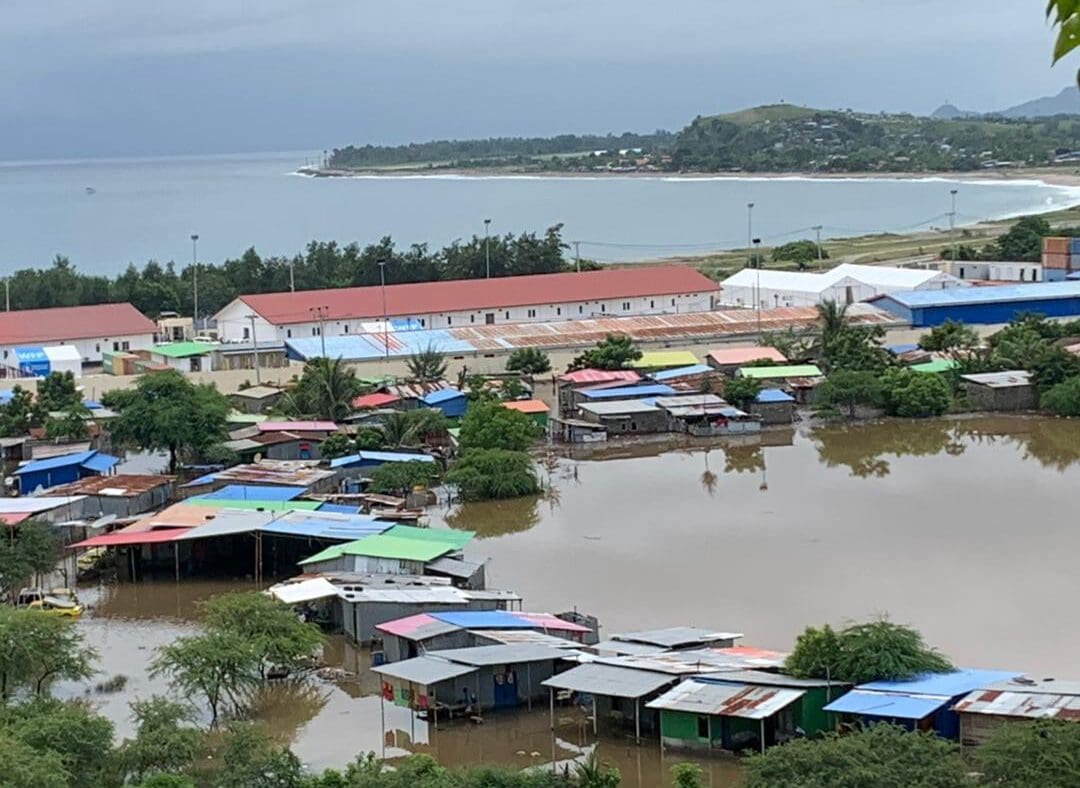
Timor-Leste
Battered by Weather
As one of the newest countries in the world, Timor-Leste is struggling with food insecurity as they’re highly dependent on agriculture, which is vulnerable to extreme climate events.
Population of Timor-Leste
of children under 5 are stunted
of people live in poverty
Highly Dependent on Climate and Food IMports
After becoming an independent country in 2002, Timor-Leste is one of the world’s newest nations. More than 45 percent of people are living in poverty, and this is the highest number in Southeast Asia. Although the country has made significant developmental progress, Timor-Leste still experiences some of the highest rates of under-nutrition in the world.
Timor-Leste is a food-deficit country that imports 60 percent of its food, and agricultural productivity is low. The country is vulnerable to climate change and a range of natural hazards. Disasters such as landslides, flash floods, tropical cyclones, earthquakes, forest fires pose a threat to the livelihoods of more than 70 percent of the population who depend on rain fed agriculture as a main source of income.
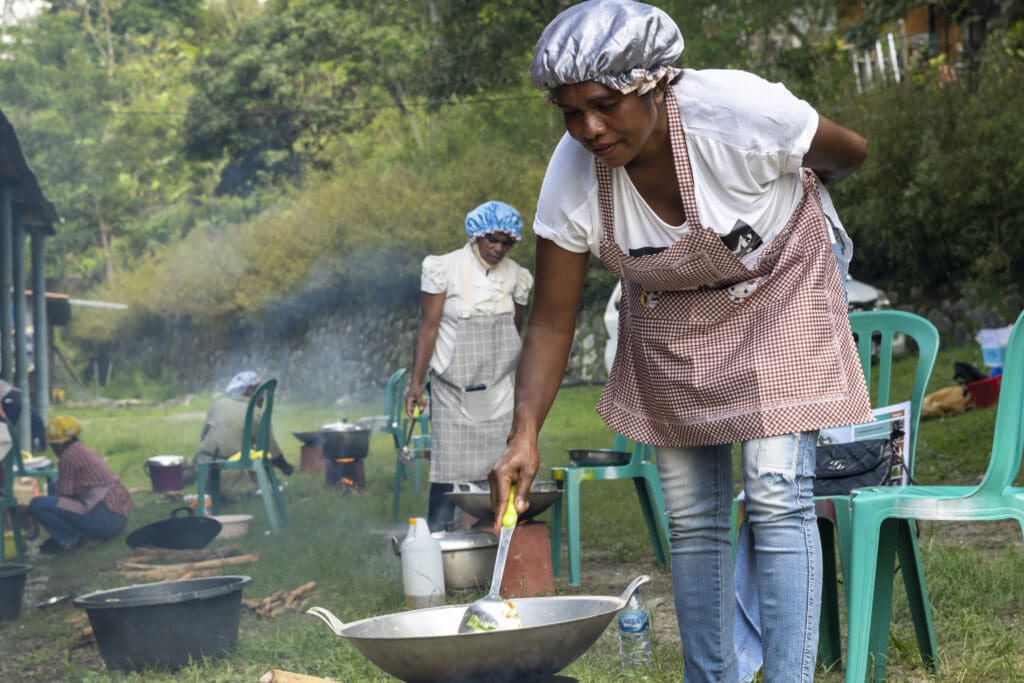
WFp’s Work in Timor-Leste
Despite the challenges, here’s how we’re fighting hunger and building sustainability.
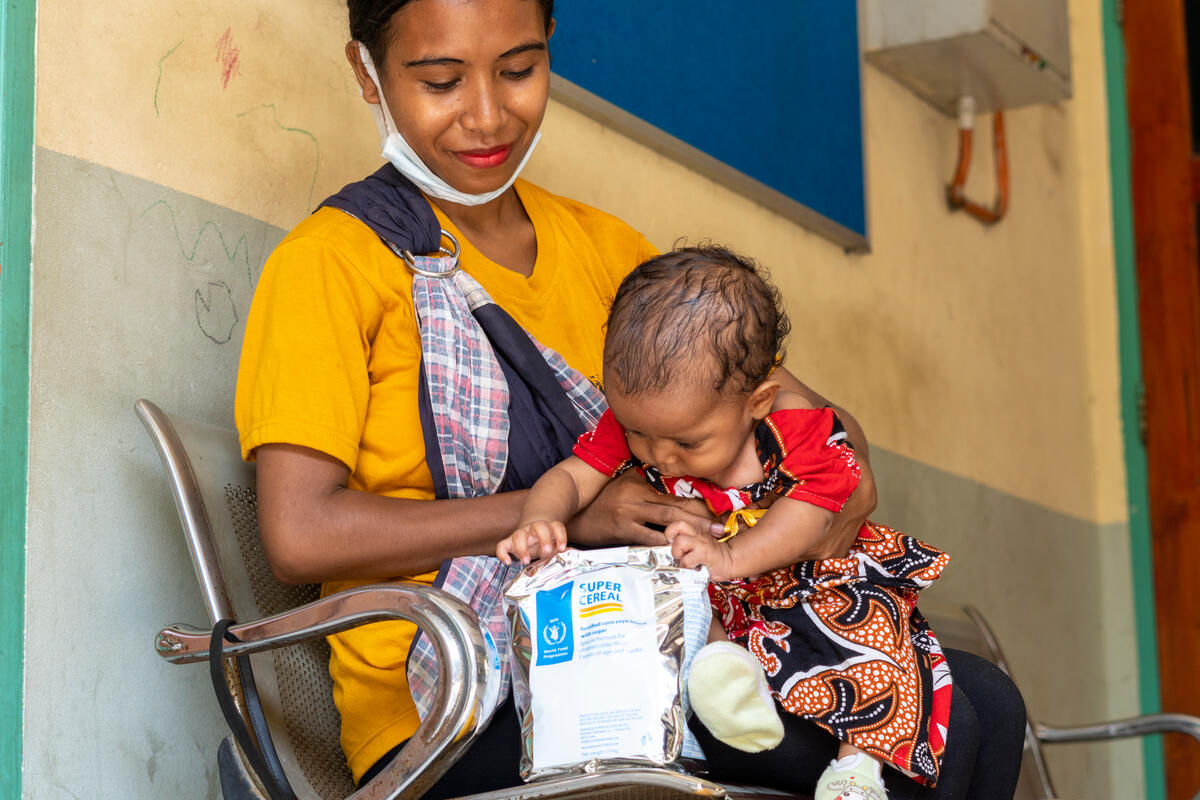
WFP helps ensure that people – particularly those with high nutrient needs – have access to diverse and nutritious diets year-round. This includes young children, adolescent girls and pregnant and nursing mothers.

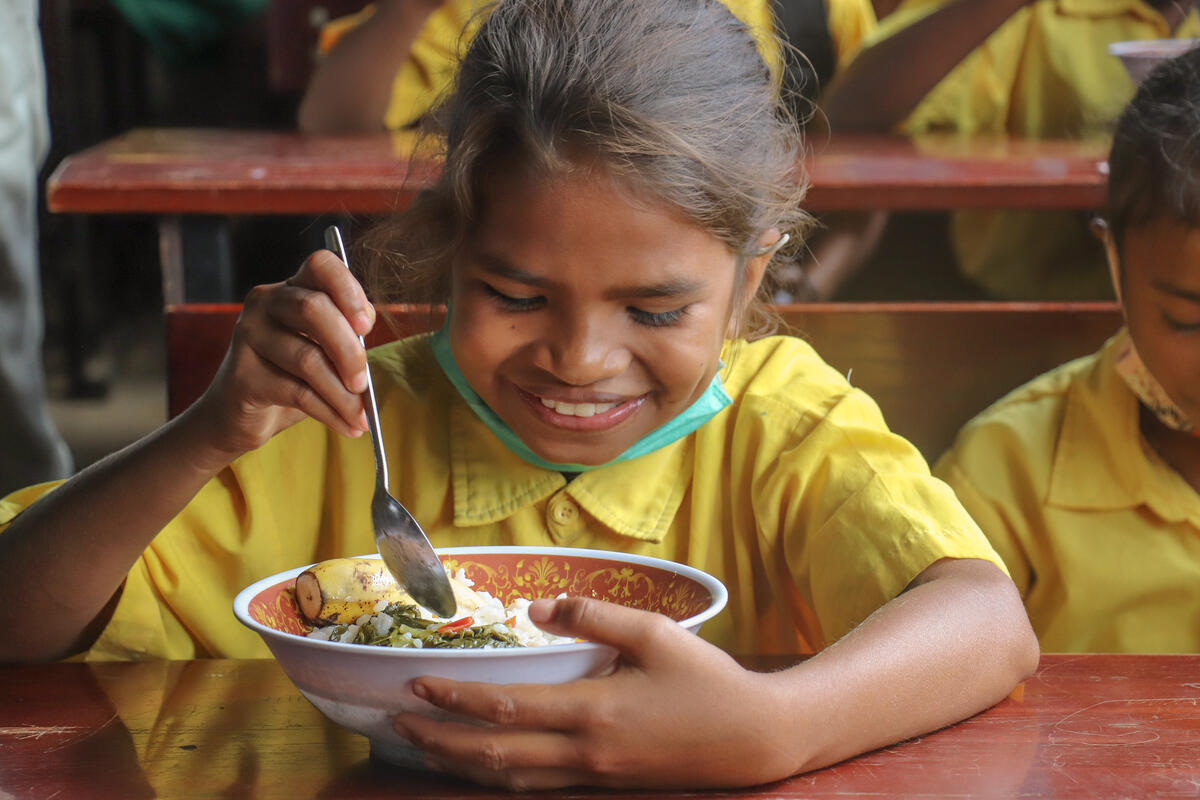
WFP is working with the Government to re-start the national school feeding programme. WFP will introduce fortified rice as a part of the school meals programme targeting 79,000 children in over 400 schools.

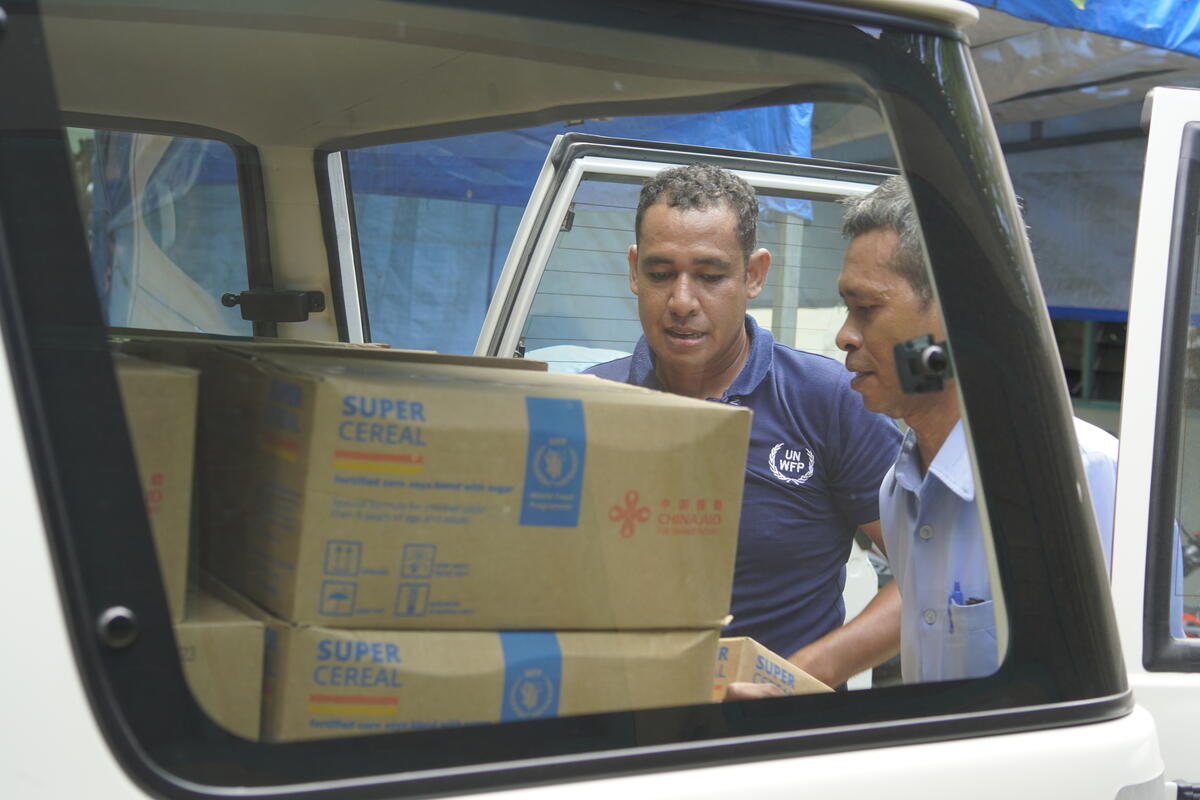
WFP is providing logistics coordination and transport services to facilitate ongoing humanitarian responses, and developing an emergency preparedness plan at national and local levels.

You can help save lives
When you donate, you help us deliver critical food relief to the most vulnerable people in Timor-Leste and other countries around the world. You can make difference in someone’s life – send food today.